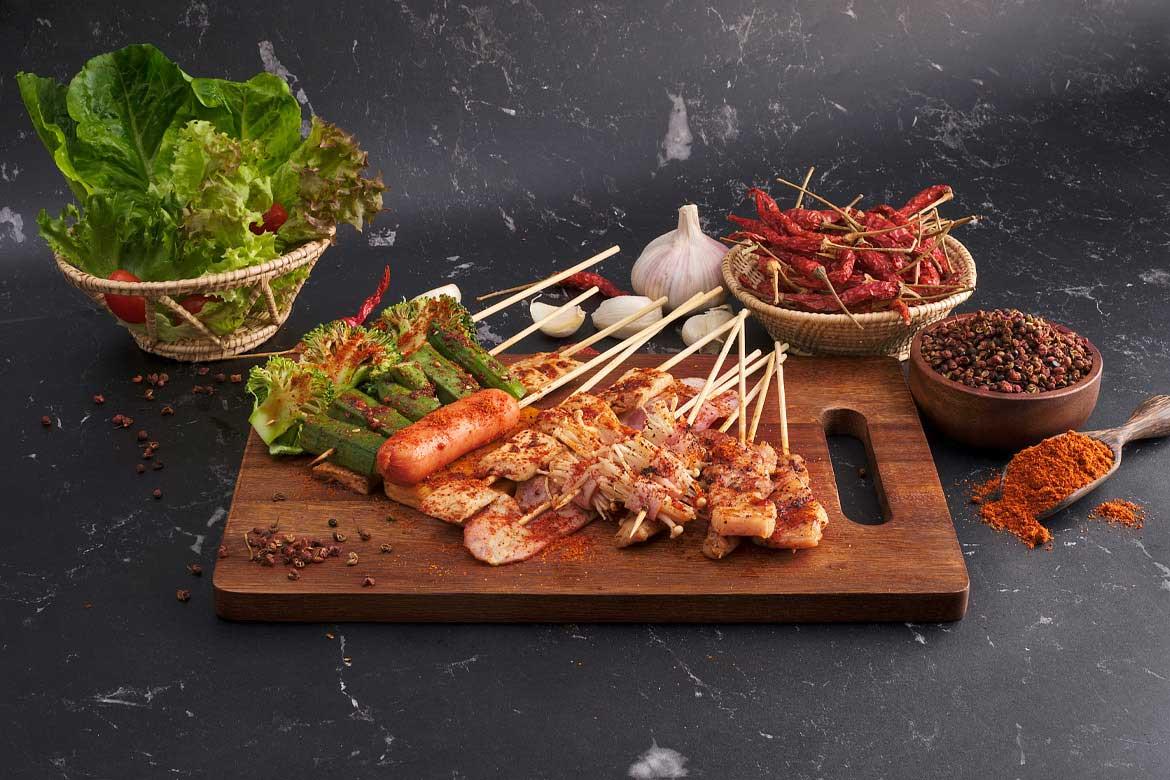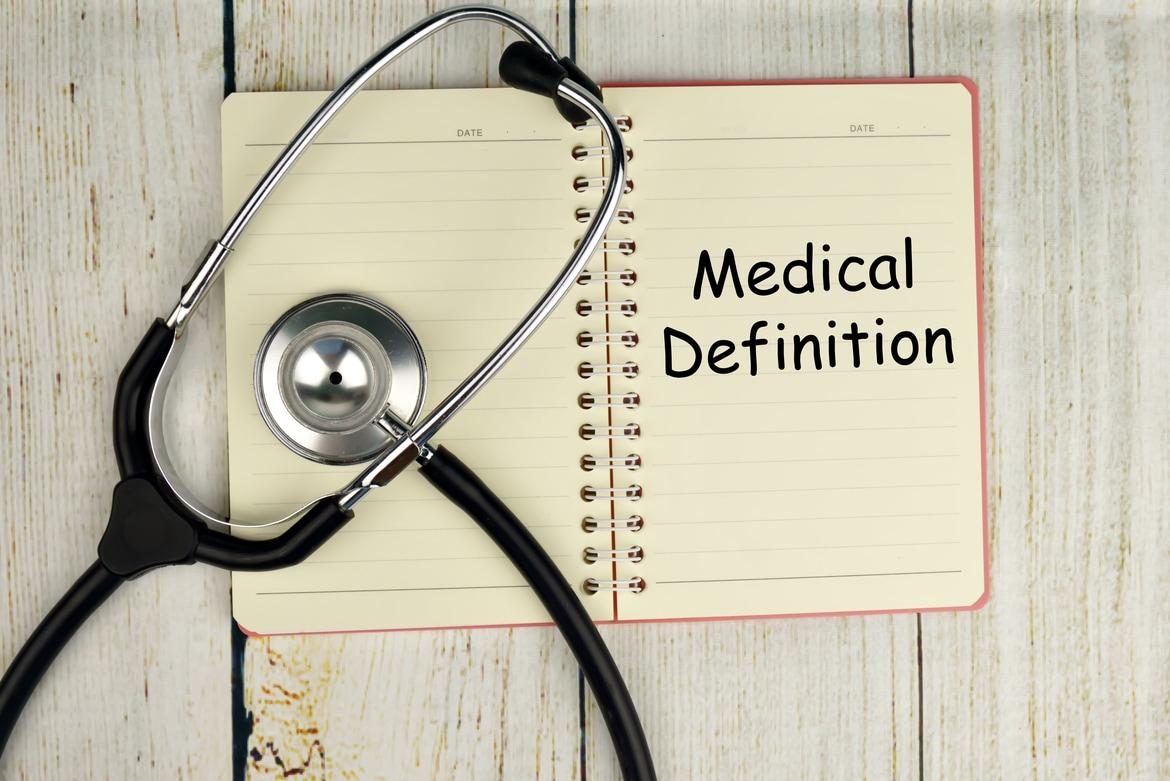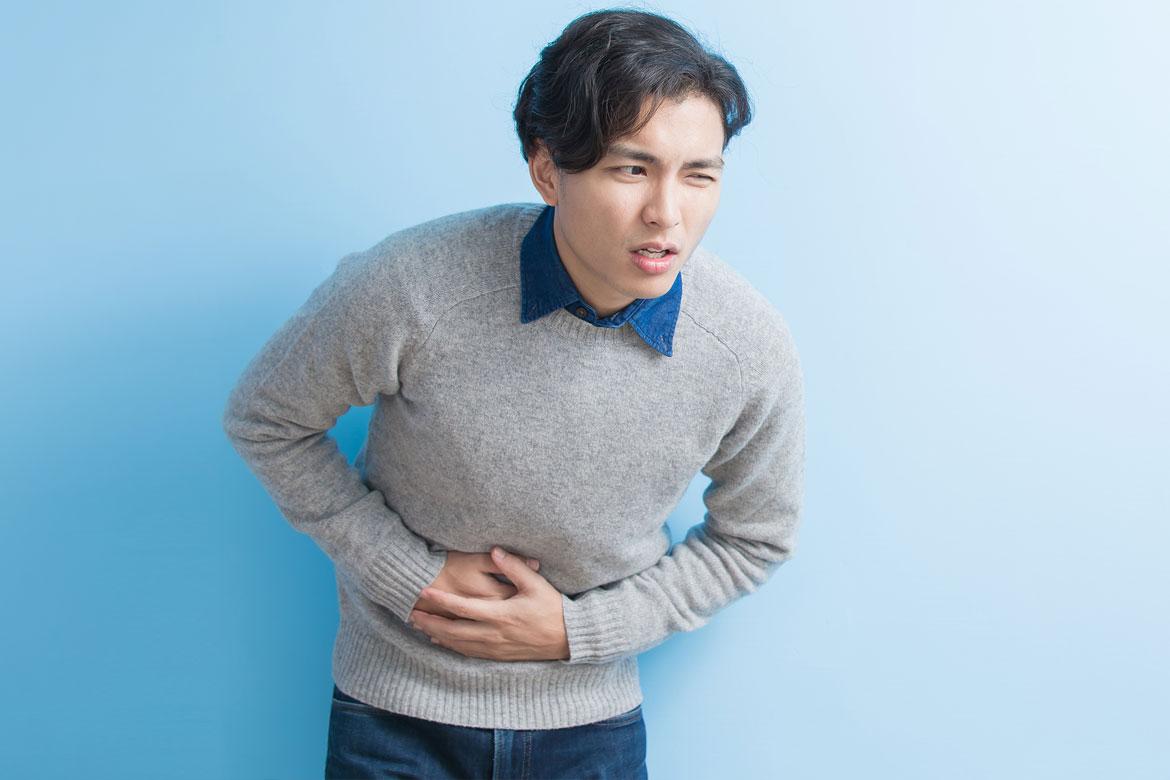-
-
Featured Care Areas

Gastritis
Frequently asked questions
A: Try to eat smaller and more frequent meals if you have gastritis. To ease gastritis symptoms, consider:
- High-fibre food, such as whole grains, fruits, vegetables, and beans
- Low-fat food, such as fish, lean meats, and vegetables
- Less acidic food, such as vegetables and beans
- Probiotic food, such as kombucha, yoghurt, kimchi and sauerkraut
- Non-carbonated drinks
- Caffeine-free drinks
What to avoid during gastritis
Avoid foods and drinks that may irritate your stomach and worsen your symptoms, such as:
- Alcohol
- Caffeine
- Fried food
- Spicy food
- Sweet and sugary food or drinks
- Acidic food or drinks, such as orange juice and tomato juice
- Refined carbohydrates, such as white bread and pasta
- Processed meats, such as bacon, ham and hot dogs
A: To treat your gastritis naturally, you may consider the following lifestyle changes and home remedies:
- Quit smoking and limit your alcohol intake.
- Avoid over-the-counter pain medications (such as ibuprofen and aspirin) as they can damage your stomach lining over time.
- Avoid inflammatory foods. These foods include heavily processed foods, acidic foods, dairy products, sugary foods and high-gluten foods.
- Take probiotics or fermented foods to enhance your gut health and improve your digestion.
- Eat smaller meals so that your body can digest them more easily.
- Lose weight, if necessary.
Note: See a doctor if you experience symptoms for more than a week or if you see blood in your vomit or stools.
A: Acute gastritis may take days to heal, while chronic gastritis may last from weeks to months. These are usually in settings where there are formation of gastric ulcers.
A: To permanently cure gastritis, you need to identify the root cause. In most cases, gastritis can be treated through a combination of the following:
- Antibiotics (if there are presence of helicobacter pylori, a type of infection that lives inside the stomach) and medications
- Healthy lifestyle and diet
However, if the cause of your gastritis is related to your immune system, it may not be possible to cure gastritis completely.
A: It will be advisable to avoid fasting or intermittent fasting if you are acutely unwell from gastritis. This is because fasting can sometimes worsen your symptoms.
A: Apart from taking the medication prescribed by your doctor, you can try to reduce pain from gastritis by:
- Eating smaller and more frequent meals. This helps to ease the effects of stomach acid.
- Changing your painkillers. Certain painkillers may increase your risk of gastritis. If you think that your pain medication is causing your gastritis, ask your doctor if you can change your pain medication.
- Avoiding foods and drinks that may irritate your stomach or cause inflammation, such as alcohol, caffeine, acidic food and processed meats.
A: Yes, gastritis can cause stomach bloating. Other symptoms of gastritis include stomach pain, heartburn, nausea and vomiting.
A: Clopidogrel is a blood thinner commonly used to prevent heart attacks and strokes. It is an antiplatelet drug that prevents blood clots from forming in the body.
Stomach pain is not known to be a common side effect of clopidogrel. However, if you experience stomach pain after taking clopidogrel, there is a chance of bleeding in your stomach. Call your doctor right away for a diagnosis.
This coverage checker is brought to you by Health Insured, an online resource that helps you understand your health coverage in Singapore.
This page has been reviewed by our medical content reviewers.
Need help?
For enquiries, please call
+65 6377 3737
For appointment bookings, please WhatsApp
+65 8111 3777





